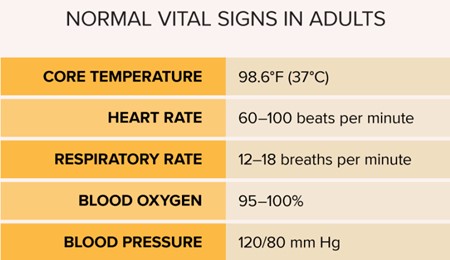An older female client who resides in a long-term care facility has a male friend who often visits her in the evenings. The practical nurse (PN) enters the client's room to administer medications and finds the couple in bed together. What action should the PN take?
Report the incident to the family.
Request that the man get up and leave.
Exit the room and quietly close the door.
Ask when the nurse should return.
The Correct Answer is C
Choice A rationale:
Reporting the incident to the family is not the first action the PN should take in this situation. It may be appropriate to inform the family later if necessary, but immediate action is needed to address the boundaries being crossed in the client's room.
Choice B rationale:
Requesting that the man get up and leave is not the first action the PN should take. This situation involves delicate and sensitive issues, and the PN should prioritize the client's privacy, dignity, and emotional well-being.
Choice C rationale:
The most appropriate first action is for the PN to exit the room and quietly close the door. This action respects the client's privacy and allows the couple to have some space and time to compose themselves.
Choice D rationale:
Asking when the nurse should return is not the first action to take. The PN needs to ensure the client's privacy and deal with the situation at hand discreetly. Later, the PN can discuss the incident with the client if necessary, or involve the appropriate authorities as per the facility's policy.
Nursing Test Bank
Naxlex Comprehensive Predictor Exams
Related Questions
Correct Answer is C
Explanation
The correct answer is choicec. Ask the parents to explain what they understand about the child’s diagnosis.
Choice A rationale:
While it is important to support the parents’ decisions, this choice does not address the need for accurate information and understanding about the condition and its management.
Choice B rationale:
Hypospadias does not typically resolve on its own, and delaying surgery can lead to complications such as difficulty with urination and sexual function later in life.
Choice C rationale:
Asking the parents to explain what they understand about the child’s diagnosis ensures that they have accurate information and can make an informed decision about the timing of surgery.This approach also allows the nurse to correct any misconceptions and provide necessary education.
Choice D rationale:
Delaying surgery for hypospadias can lead to complications, including issues with urination and sexual function.It is important to address these potential risks with the parents.
Correct Answer is A
Explanation
This is the most important follow-up assessment for the PN to implement because it can detect signs of bleeding, infection, or shock that may result from the unsecured surgical dressing. The PN should monitor the client's blood pressure, pulse, temperature, and respiratory rate and report any abnormal changes.

B. Fluid volume intake and output is not the most important follow-up assessment for this client and may not reflect the current status of the client's fluid balance or blood loss.
C. Volume of peripheral pulses is not the most important follow-up assessment for this client and may not be affected by the unsecured surgical dressing unless it is located on a limb or near a major artery.
D. Incisional pain scale rating is not the most important follow-up assessment for this client and may not indicate the severity or cause of the client's pain.
Whether you are a student looking to ace your exams or a practicing nurse seeking to enhance your expertise , our nursing education contents will empower you with the confidence and competence to make a difference in the lives of patients and become a respected leader in the healthcare field.
Visit Naxlex, invest in your future and unlock endless possibilities with our unparalleled nursing education contents today
Report Wrong Answer on the Current Question
Do you disagree with the answer? If yes, what is your expected answer? Explain.
Kindly be descriptive with the issue you are facing.
